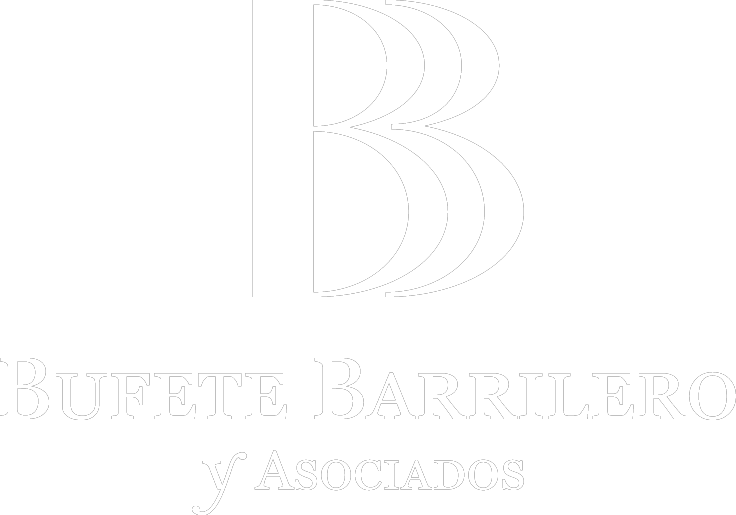LABOR AND SOCIAL SECURITY LAW
A new setback for Spanish legislators: the Court of Justice of the European Union (CJEU) declares that the current gender gap pension supplement infringes the principle of equality enshrined in Directive 79/7/EEC, constituting indirect sex discrimination, which once again opens the door for men to claim it.
Let’s look at the background.
In 2016, through Article 60 of the General Social Security Law, a supplement to the retirement pension called the “maternity supplement” was introduced, intended solely for women who had been mothers, recognizing their demographic contribution to Social Security.
Therefore, from January 1, 2016, this supplement was granted only to women and denied to men who requested it. However, one man who was denied this supplement appealed the decision all the way to European courts, and in December 2019, the CJEU ruled that the maternity supplement, as configured, was discriminatory against men.
This was confirmed by the Supreme Court’s Social Chamber Full Bench Judgment on May 17, 2023 (appeal 3821/2022), establishing that the maternity supplement for demographic contribution could be granted to both women and men, provided they met the legally required conditions.
This led to a modification of the said supplement — and consequently Article 60 of the General Social Security Law — which, from February 3, 2021, was renamed the “contributory pension supplement for the reduction of the gender gap.”
Thus, pensions obtained between January 2016 and February 2021 were subject to the “maternity supplement” and granted to both women and men.
But since the new supplement came into effect in February 2021, the requirements changed:
- Women are granted it automatically simply for having been mothers of one or more children, due to the general impact the gender gap has on women’s contributory Social Security pensions.
- Men must meet stricter conditions, requiring that, in the case of retirement or permanent disability pensions, their professional career must have been interrupted or adversely affected due to the birth or adoption of a child, including periods of contribution interruption exceeding 120 days between nine months before the birth and three years after (or equivalent periods for adoption). Additionally, the pension amount must be lower than the mother’s pension for the supplement to be granted.
In this way, with the new wording of Article 60 LGSS, women automatically receive the supplement for having had at least one child, without needing to justify any professional detriment, whereas men must prove that certain conditions are met.
Well, this “contributory pension supplement for the reduction of the gender gap” has again been brought before the CJEU, which issued a ruling on May 15, 2025 (case C-623/23), concluding that this disparity between men and women grants less favorable treatment to men compared to women, even though either could be in a similar situation.
For this reason, under Directive 79/7/EEC, which expressly prohibits discrimination based on sex in the calculation of social benefits, Article 60 of the LGSS in its current version is incompatible with European law because by imposing stricter requirements on men, it violates the principle of equality.
However, the CJEU finds it lawful for the supplement to be granted only to the parent with the lower retirement pension, regardless of whether it is the man or the woman.
Therefore, just as with the initial “maternity supplement,” the CJEU opens the door for men who have been fathers and who have accessed retirement pensions from February 2021 onward to claim the right to the “contributory pension supplement for the reduction of the gender gap,” provided they meet certain conditions.
This will almost certainly lead to a significant increase in such claims by male parents, and it remains to be seen what the public administrations decide: whether they continue denying them, forcing judicial appeals, or whether they change their approach. In any case, since Article 60 LGSS has not yet been amended, it appears that, for now, the Administration’s criteria will remain unchanged.


